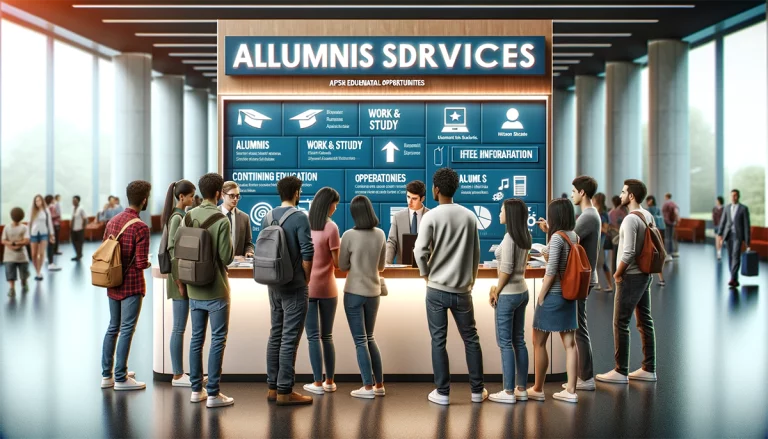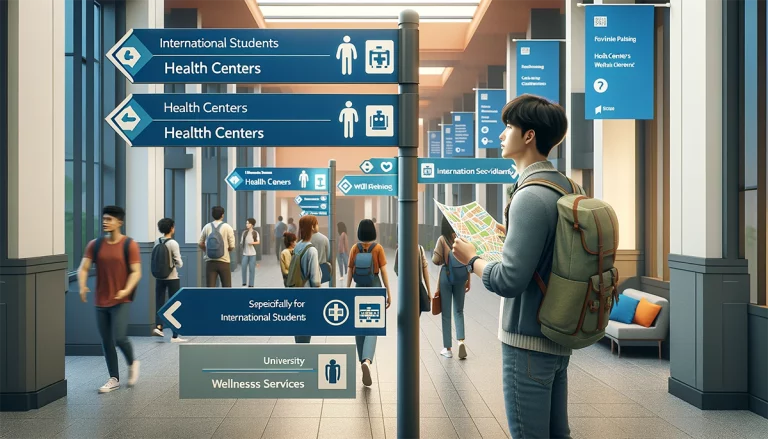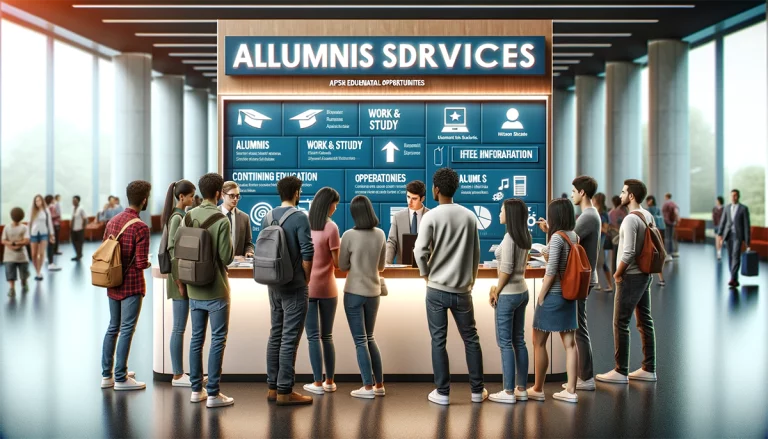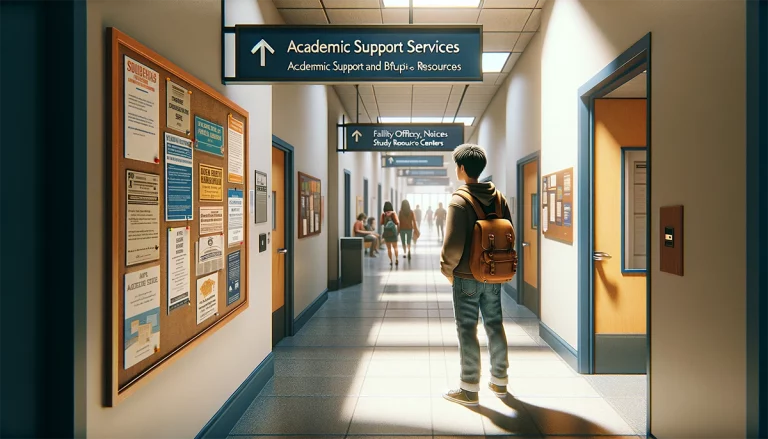Language and Academic Preparation for International Students
1. English Proficiency and Other Language Requirements:
- Assessing Language Needs: Many universities in English-speaking countries require proof of English proficiency, usually demonstrated through standardized tests like TOEFL, IELTS, or PTE.
- Understanding Test Requirements: Different institutions and programs may have varying score requirements. Students should familiarize themselves with these specifics well in advance.
- Preparation for Language Tests: This involves regular practice, attending language workshops, or enrolling in preparatory courses to improve language skills and test performance.
- Alternative Language Requirements: In non-English-speaking countries, proficiency in the local language might be necessary. Some universities offer language courses as part of their international programs.
2. Preparatory Courses:
- Foundation Programs: These are designed for international students to meet the necessary academic requirements for university admission. They often include language training, as well as coursework in core subjects.
- Online Preparatory Programs: Many institutions offer online courses for students to start their academic preparation before arriving in the country.
- Customized Preparatory Programs: Some universities offer programs tailored to specific fields of study, providing a focused introduction to the academic content students will encounter in their chosen majors.
3. Bridging Programs:
- Transition to University Academic Standards: Bridging programs are designed to help international students adapt to the academic rigor and expectations of their new educational system.
- Skill Development: These programs often focus on developing research skills, academic writing, critical thinking, and presentation skills.
- Cultural Orientation: Apart from academic preparation, bridging programs may include elements of cultural orientation to help students adjust to the new social and educational environment.
4. Language Immersion and Cultural Integration:
- Language Immersion Programs: Immersing oneself in the language through daily use and interaction is an effective way to improve language proficiency.
- Participation in Language Exchange: Engaging in language exchange programs with native speakers can enhance language skills and provide insights into local culture and customs.
5. Utilizing University Resources:
- Language Resource Centers: Many universities have dedicated centres offering language support, including tutoring, language exchange programs, and conversational practice groups.
- Academic Support Services: These include writing centres, tutoring services, and academic workshops, which are crucial for students to develop the necessary academic skills for success.
Conclusion:
Language and academic preparation are fundamental aspects of an international student’s journey. Engaging in English proficiency preparations, enrolling in preparatory and bridging programs, and leveraging university resources are crucial steps in ensuring a smooth transition to university life and academic success in a new educational environment.





















